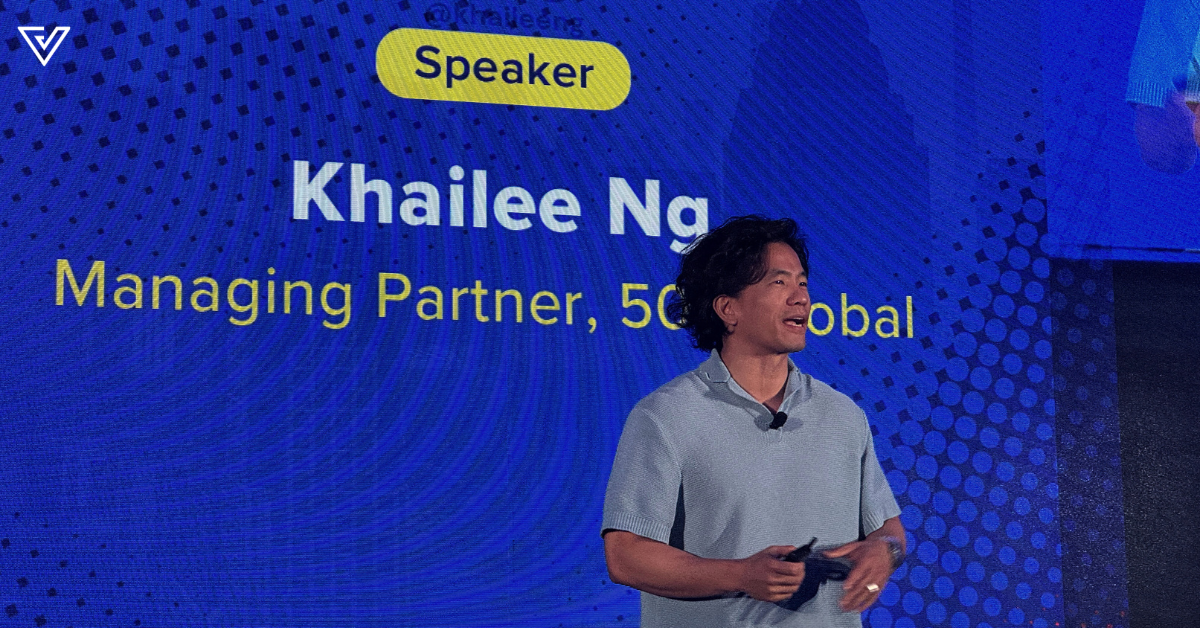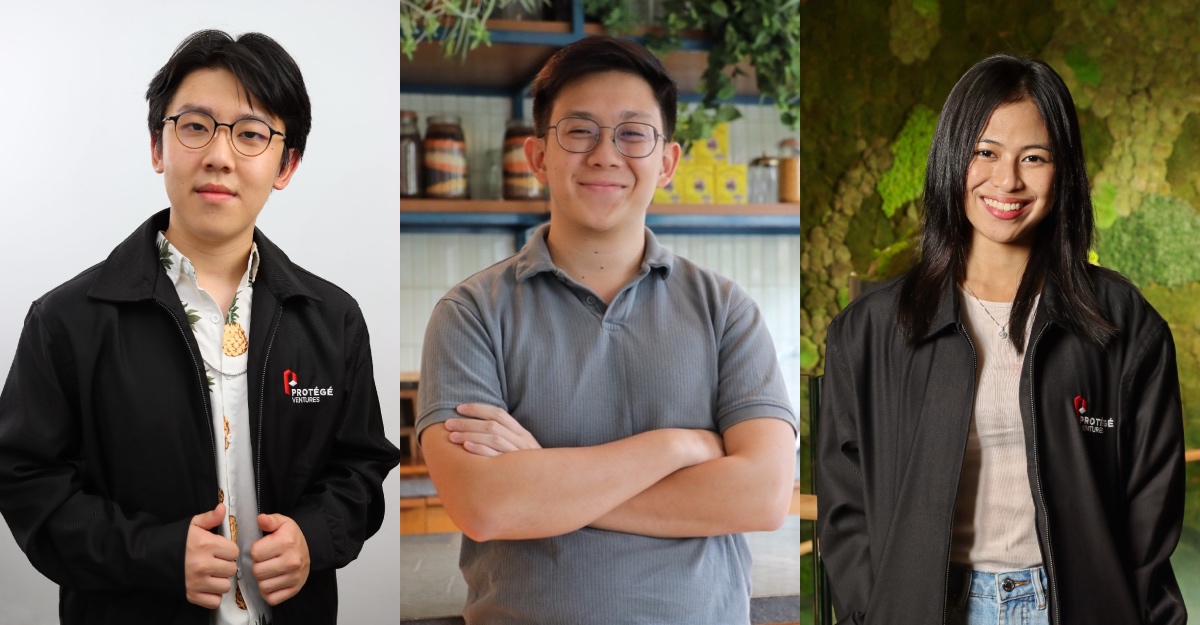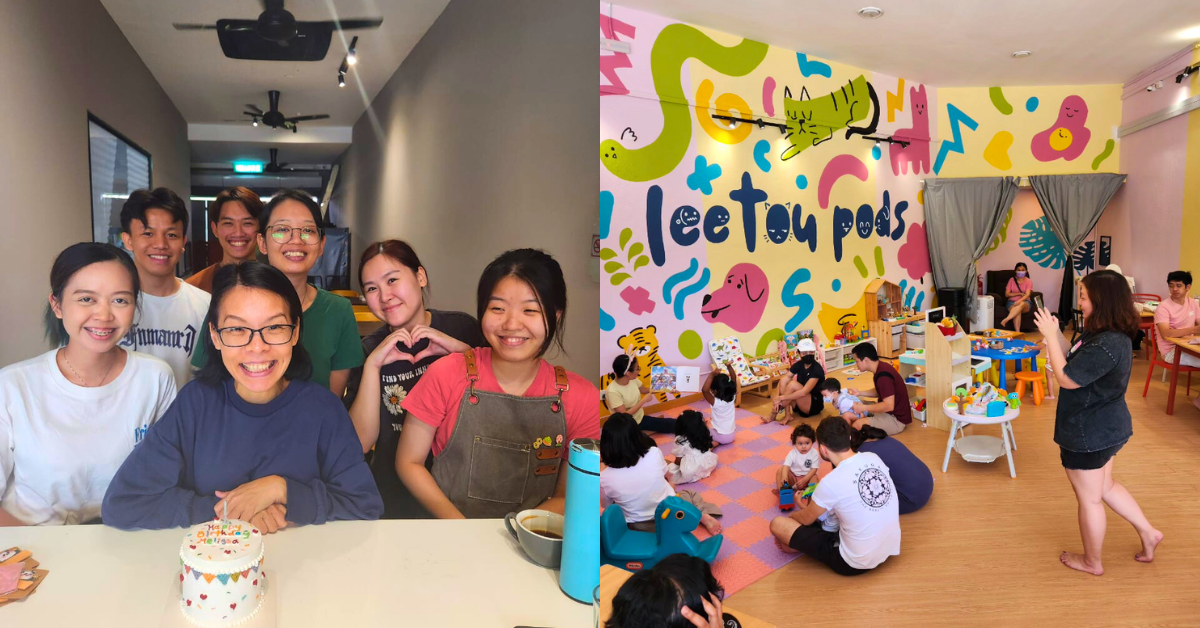Stephanie Chai, 32, is the founder of The Luxe Nomad, an accommodation booking website that caters to travellers searching for luxury hotels and villas at reduced prices.
Born in New Zealand and having grown up in between Kuching, Sarawak and New Zealand, you would never guess that Stephanie Chai has had a foot in almost every boat imaginable. With a background in modelling and TV hosting, and a Degree in Finance and International Business, she first ventured into the world of entrepreneurship with a startup called WeddingGuideAsia.com, an online wedding portal. A year later in July 2012, Stephanie created The Luxe Nomad to cater to the increasingly sophisticated travel market in Asia.

With all these interesting experiences and knowledge under her belt, it is not surprising that Stephanie is often asked for entrepreneurship lessons and tips. At the recent MaGIC Academy 2015 #MA2015, Stephanie shared some of the keys to her success in the startup world.
1. Don’t waste money on an office unless you REALLY need to
With her Chinese and Italian parentage, Stephanie proudly embraces the ethnic stereotype that the Chinese are good businesspeople. Despite founding The Luxe Nomad more than three years ago, Stephanie did not see the need to set up an office until April/May this year.
“When we first started the business, I raised SGD 250,000. but maybe being half-Chinese I was like “well, let’s save money!” So I was based in Singapore, my apartment here in KL was empty, so I let everyone work out of it. It was a win-win because I had two cats that needed taking care of (…) We actually did not get a proper office till April/May this year because I didn’t see a need to.”
2. Hire someone for their skills, not exact experience

Soft skills matter, and they can be taught. Speaking of The Luxe Nomad team, Stephanie shared some of the criteria she seeks when she hires new talents.
“I always look for people who can solve issues, I don’t look for people who can memorise things and just replicate them (…) You don’t need people with the exact experience; none of my team came from the travel industry, but they all have good attitudes, they were willing to learn. People can be taught.”
3. Keep bad employees from infecting your organisation
Speaking of employees, The Luxe Nomad was an all-girls startup when they first began. And despite research by the Workplace Bullying Institute showing that women-on-women harassment in the workplace is increasing, Stephanie was not deterred. This is what she had to say on handling an all-girls start-up (with the exception of the developers), especially when asked what she would do when girls could sometimes get nasty:
“I don’t hire nasty girls. It is very simple. You can tell when you meet someone thatyou’re (sic) a complainer, or bitchy, and [if] they end up being there after probation, I don’t keep them, because one bad apple can spoil the (bunch).”
This, I’m sure, doesn’t just apply to women, so all a**holes can check themselves at the door.
4. Celebrity endorsements help in building brand equity

The advantage of working with celebrities is not just limited to influencing consumers’ decisions; it will also be able to tell you what your potential consumers are interested in. Coming from the entertainment field, Stephanie certainly knew what was best for business.
“We knew in Asia Pacific there were only certain markets that would really have the spending power, and when we first started, what we did differently was that we worked with a lot of celebrities, like Deborah Henry over there. I thought, something different was (…) if you had celebrities checking out places and posting pictures on Instagram, and so forth. And through that I learnt as well what hotels and villas they were interested in.”
5. Be human when it comes to customer service
Being able to see a situation through a customer’s eyes is one of the traits that is necessary for excellent customer service. Just because some rules have been written, it does not mean that we have to go by them. We are only human, after all.
“[On customer service] you have to have a lot of empathy, you can’t just be by the rule and like ‘okay this is this‘; you’ve got to think for yourself. So I was talking to my junior staff; we don’t want a company of robots, I want a team who can think on their feet, who can question me, who can question everything, and come up with solutions.”
6. Knowledge comes from asking questions

We get wiser by asking questions, so when you are in doubt, don’t be afraid to ask. The Luxe Nomad has been in the field for more than three years, but Stephanie said she hasn’t stopped learning.
“Don’t be afraid to ask for help. When I first started Luxe Nomad, I think I took a lot of well known Internet entrepreneurs, and not so well known — just whoever I knew travel or the startup scene — out for lunch, and asked them a whole bunch of questions. I still ask questions today!”








